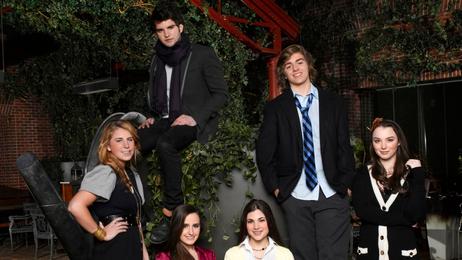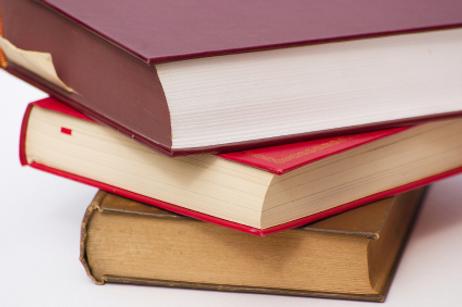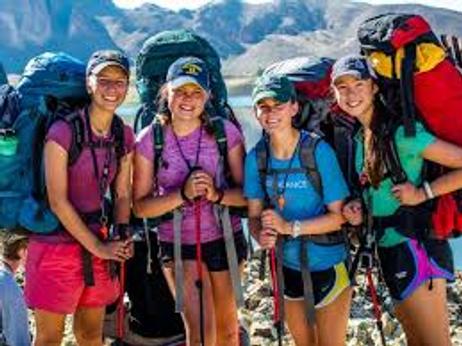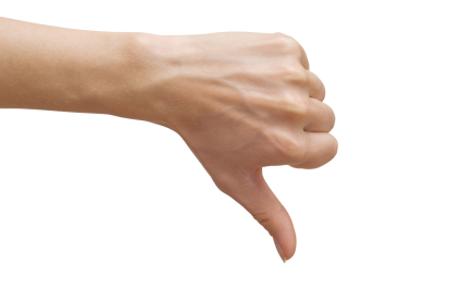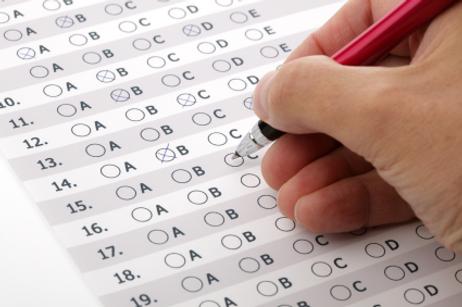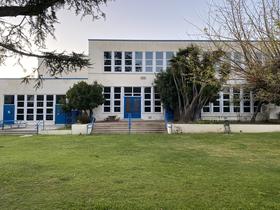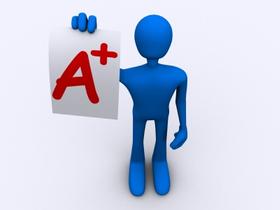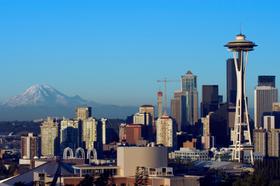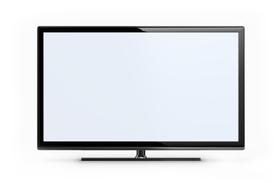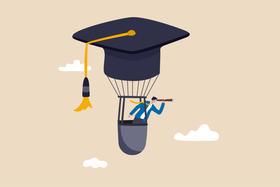Two television series about private schools have received a certain amount of buzz recently. Gossip Girl airs on CW. NYC Prep is on Bravo.
Gossip Girl
Gossip Girl is based on the novels of Cecily von Ziegesar. Ms. von Ziegsar herself is a graduate of Nightingale-Bamford, a Manhattan girls' school. The Gossip Girl series made it to the best-seller lists in 2002. It chronicles the lives and exploits of the wealthy teens attending The Constance Billard School for Girls. Gossip Girl premiered on CW in 2007.
What's to Like
The cinematography is fabulous. You will have plenty of New York City vistas, shops, and restaurants, as well as those incredible Park Avenue apartments to soak up. HDTV makes it a breathtaking experience without a doubt.
The fact that show really does not depict what actually goes on in a fine old Manhattan girls' school. That's a good thing. Because we can only imagine what those poor teachers and administrators have to deal with on a daily basis. New York is a vibrant, exciting city, but it can be terribly rough and 'in your face.' It takes a very tough teacher to face some of those parents and children in a conference room discussing little Rebecca's failing grade in calculus, that's for sure.
The clothes. No American city does clothes better than New York. And these kids know how to wear those clothes. And where to wear them. Fashionistas will find much to

